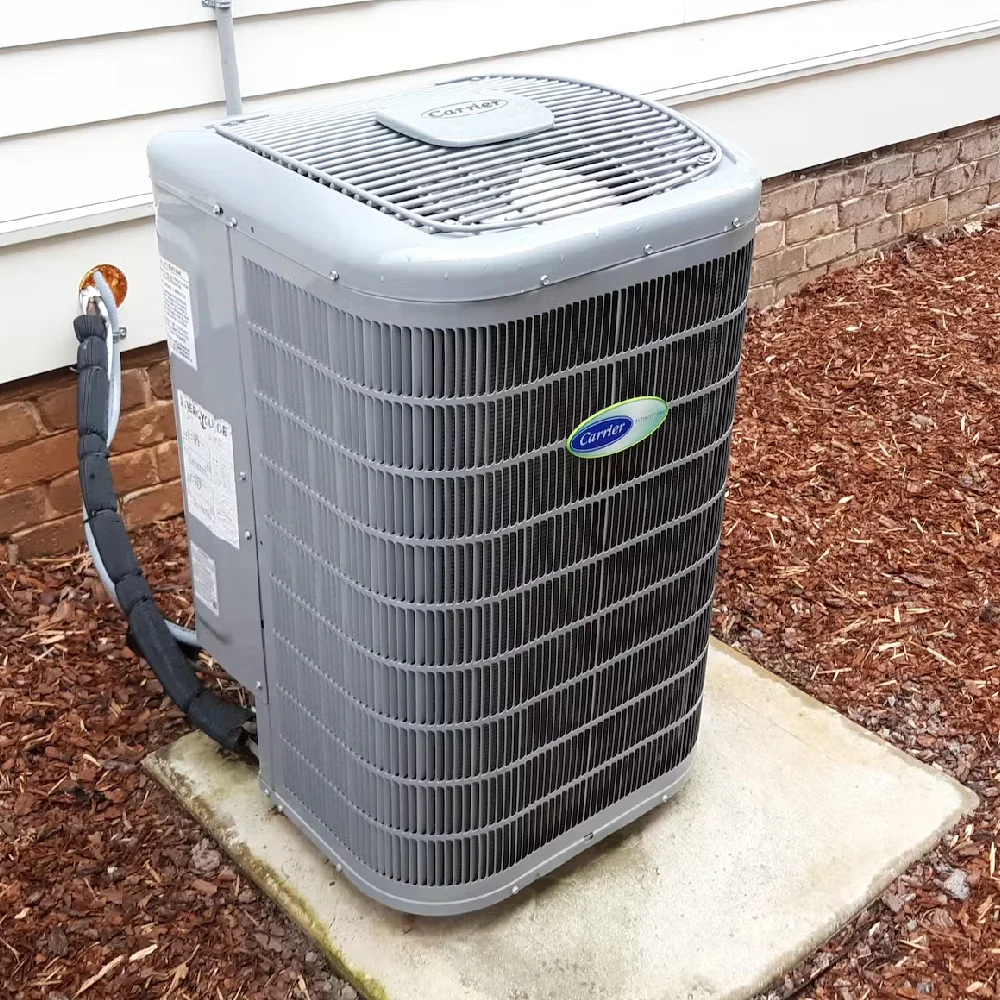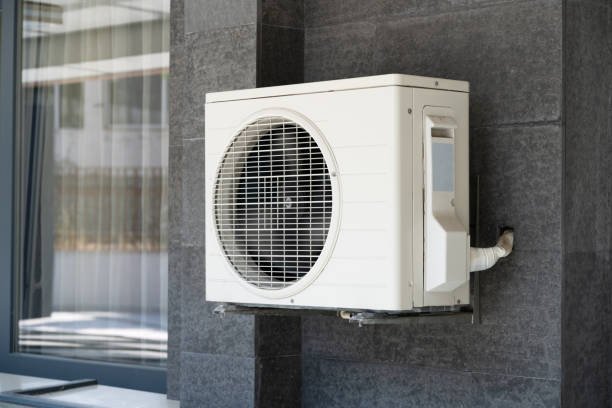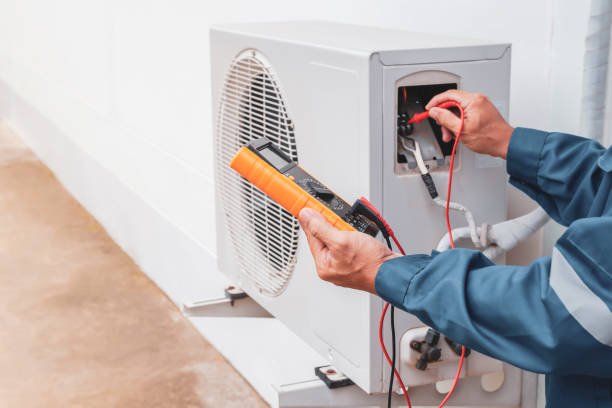
Diagnosing and Fixing the Most Common HVAC Problems
Introduction
Heating, Ventilation, and Air Conditioning (HVAC) systems are essential for maintaining comfort in our homes and workplaces. However, like any complex system, they can run into problems that disrupt their performance. Understanding how to diagnose and fix these issues can save you time, money, and stress. In this comprehensive guide titled Diagnosing and Fixing the Most Common HVAC Problems, we will explore various common issues faced by HVAC systems, provide insights into troubleshooting them, and offer solutions to help you keep your system running efficiently.
Diagnosing and Fixing the Most Common HVAC Problems
When it comes to HVAC systems, diagnosing problems often begins with understanding the symptoms. Is your air conditioner blowing warm air? Are there unusual noises coming from your furnace? By identifying these signs early on, you can efficiently troubleshoot the issue before it escalates.
The Importance of Regular Maintenance
Regular maintenance is crucial in preventing many HVAC problems. Scheduling air conditioner service or HVAC services periodically ensures that all components function optimally. During these maintenance sessions, professionals can spot potential issues early on.


What Are Common Symptoms of HVAC Issues?
- If certain areas of your home are warmer or cooler than others.
- Sounds like grinding or hissing may indicate mechanical issues.
- A sudden spike in energy costs could signal inefficiencies in your HVAC system.
- Dusty or musty smells may suggest dirt buildup or mold.
Understanding Your HVAC System Components
Before diving into specific issues, it's vital to understand the primary components of an HVAC system:
- Thermostat: The control center for adjusting temperature settings.
- Furnace/Heat Pump: Provides heating during colder months.
- Air Conditioner: Cools indoor air during warmer seasons.
- Ductwork: Distributes conditioned air throughout the building.
- Filters: Capture dust and allergens from the air.
Recognizing each component's role helps identify which part may be malfunctioning when a problem arises.
Common HVAC Problems
1. Air Conditioner Not Cooling
Symptoms
When your AC is running but not cooling effectively, it could be due to several reasons.
Diagnosis
Solution
If these checks don’t resolve the issue, it might be time to call for professional AC repair services or an air conditioning repair near me provider.
2. Strange Noises from Your Furnace
Symptoms
Sounds such as banging or rattling often indicate loose parts or mechanical troubles within the furnace.
Diagnosis
Solution
If tightening doesn’t solve it, consider scheduling a furnace service with a local expert.
3. Thermostat Malfunctions
Symptoms
Your thermostat controls temperature but may fail if it's not calibrated correctly.
Diagnosis
Check if:
Solution
Recalibrating or replacing the thermostat can rectify these issues without needing significant repairs.
How to Troubleshoot Specific Issues?
4. Inefficient Heating System
Symptoms
Your heating system struggles to maintain warmth during colder months.
Diagnosis
Solution
Sealing ducts may require professional assistance; however, changing filters is something homeowners can do easily.
5. Excessive Humidity Levels
Symptoms
High humidity creates discomfort and fosters mold growth.
Diagnosis
Inspect whether:

Solution
Reducing humidity may involve installing dehumidifiers alongside regular AC maintenance services near The original source me.
FAQs About Common HVAC Problems
1. What should I do if my AC unit freezes up?
If you notice ice forming on your AC unit:
- Turn off the unit immediately to prevent damage.
- Check airflow restrictions like dirty filters or closed vents.
- Call for professional help if ice persists after clearing obstructions.
2. How often should I replace my air filter?
It’s generally recommended to change your air filter every 3 months but check monthly during high usage seasons (summer/winter).
3. Why are my energy bills so high?
Unexpected spikes in energy costs often indicate inefficiencies due to dirty filters, faulty thermostats, or aging equipment needing replacement or repairs.
4. Can I repair my own HVAC system?
While some minor fixes (like changing filters) can be DIY projects, most repairs should be handled by certified professionals due to safety concerns and complex mechanics involved with HVAC systems.
5. How can I improve my home's indoor air quality?
Regularly changing filters, using high-efficiency particulate air (HEPA) purifiers, and ensuring proper ventilation can significantly enhance indoor air quality in your home.
6. When should I consider replacing my HVAC system?
If your system frequently requires repairs (more than once per year), has reached its lifespan (typically around 15 years), or no longer meets your comfort needs efficiently—replacement may be warranted.
Conclusion
In conclusion, understanding how to diagnose and fix common HVAC problems empowers homeowners to take charge of their comfort while potentially saving on costly repairs down the line through regular maintenance and timely interventions—a proactive approach that pays dividends over time!
Remember—should any issue arise beyond simple troubleshooting methods outlined in this guide—don’t hesitate! Calling local experts specializing in air conditioner service, HVAC services, AC repair near me, etc., ensures that you receive professional insight tailored specifically for your unique situation!
By following this comprehensive guide on Diagnosing and Fixing the Most Common HVAC Problems, you'll gain valuable knowledge necessary not only for maintaining comfortable living spaces but also fostering optimal energy efficiency throughout every season!
Feel free to reach out with any additional questions regarding specific scenarios related directly back towards addressing those pesky heating/cooling concerns plaguing our homes today!